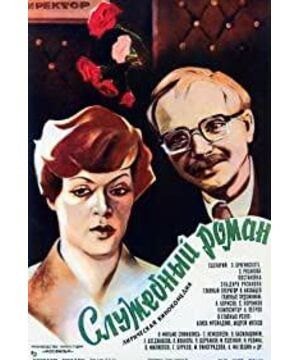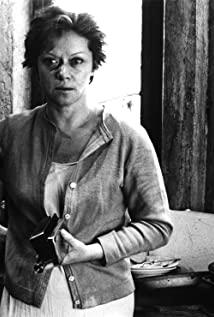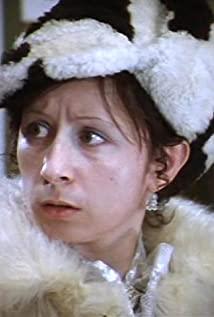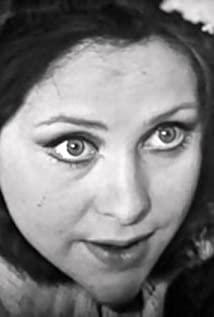The pacing of the plot, the lines and the emotion are all technically excellent. The setting of the male protagonist is really amazing. I feel that it is rare to see this type of slick subordinates who are obedient and principled. The plot of his and the director's role swap really made me laugh. I feel that Ge You is also quite suitable for this role!
There are many interesting plots and lines due to the background of the times/social situation: for example, the director wants to see his subordinates to discuss his thoughts in detail, but he covers up and asks him to bring the report. In the end, the director tore his resignation letter angrily, and his subordinates said, "Tear it, tear it up, our country's paper industry is very developed."
It is precisely because of this era that the shaping of women is still very limited by it. Look at this setting: as a loser in the sexual competition, the director cuts off all contacts with all his girlfriends, indulges in work, and becomes self-isolating, A lonely man with sclerotic feelings, and being evaluated by his subordinates as "inhumane", he has secretly longed for the warmth of home for many years.
Or "unmarried strong women crave warmth", "every woman is a woman in front of her man", "women are the ones who please themselves" and other clichés. This film emphasizes the role of love from men and considers it a The light and necessities of a woman's life, every woman needs a man's love, and normal women are eager for love. Its implication: if a man's favor/love is lost, a woman will be abnormal and abnormal. She finally changed: she changed her clothes, talked coquettishly with her colleagues, was keen on applying makeup, and softly obeyed the "woman" role corresponding to a man.
However, men do not have a corresponding social evaluation system: they do not need love, only children. At the end, Vera's marriage is mentioned, and there is a third boy in his subordinates: "Our relationship still needs a child", which is even more physical discomfort.
In fact, throughout the whole film, the director appreciates talented people, asks the deputy director to properly handle Oulia's feelings, and the relationship with the secretary, all show her human touch, and her professional ability is frequently mentioned by her subordinates. She is a very Qualified director, where do those cold, dry and heartless rumors come from?
In the sub-line, Oulia's middle-aged love fire is too selfish and pure sadness because the deputy director, so that the moral evaluation from the crowd here seems powerless, but instead becomes a tool to increase its appeal. There is actually no need to over-explain with the gender framework here, it's about uncontrollable feelings. But as a woman, I still have to sigh, is it really so impossible for a woman to leave love?
View more about Office Romance reviews









